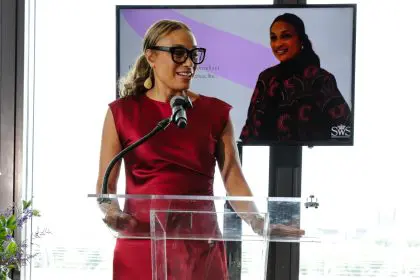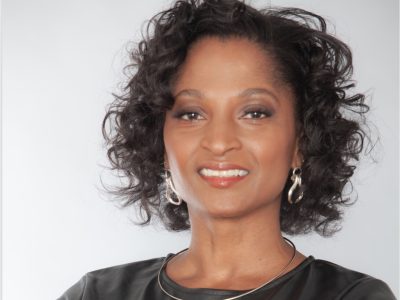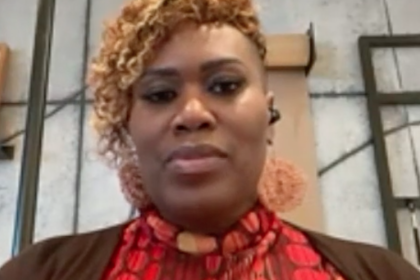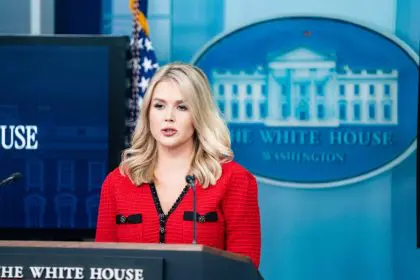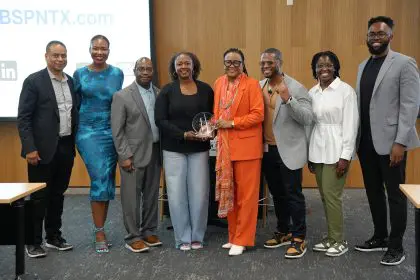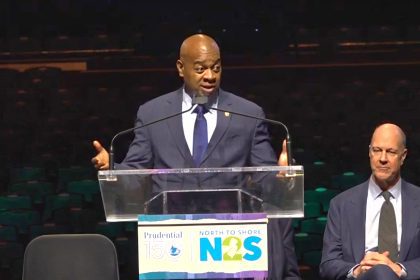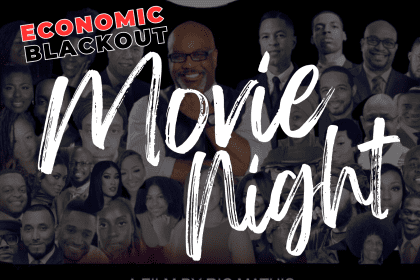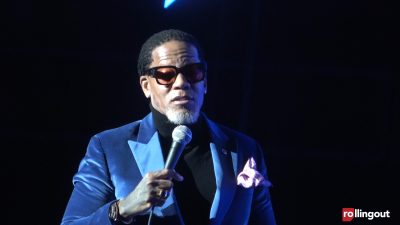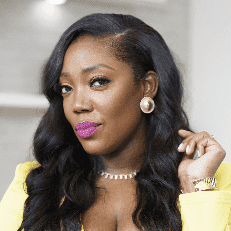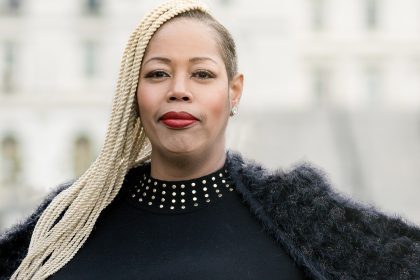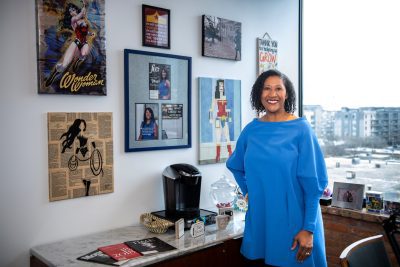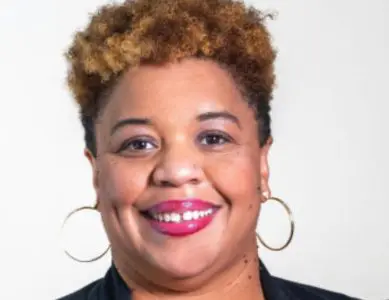Nicole Monson is the senior vice president of Equity and Engagement of The Estée Lauder Companies (ELC). In her role, Monson is an important member of ELC’s senior leadership team and she works across all areas of the business to develop the company’s long-term equity and employee engagement strategy and enterprise-wide capabilities. Monson leads the company’s Racial Equity Strategy, a core tenant of ELC’s commitment to building greater equity and representation within every aspect of the business, from employees to consumers.
Rolling out spoke with Monson during the Black Enterprise Women of Power Summit where she participated as a panelist on “The Career Path That’s Right for You” discussion.
Why do you think diversity, equity, and inclusion are important?
That’s the only way you can get the best out of the people you bring to work every day. I work in a space that’s consumer based. So, you need all the voices, all the different voices, all the different perspectives at the table, that’s the best way we get the best innovation to meet our consumers, and that’s how you keep employees happy. You keep employees engaged if they feel like they’re in a place where they can be seen, where they can be heard, and where they are valued. Our DEI work is focused on that.
What’s the difference between equality and equity, and why is it important to know the difference?
When you talk about equality, that just means treating everybody the same without regard for the circumstance. We are focused on equity, understanding that not everybody is starting from the same place and not everybody has been afforded the same opportunities. Understanding that you need to take into consideration certain circumstances, and for companies, that means taking a look at your employee population and the things that may have prohibited them from moving forward previously, so [we’re] working to build out programs and conversations that break down those systemic barriers. It’s important to do it now if we think that we’re ever going to get to a place where there is equality. I think equity is an outcome of the work that we do in the DEI space. Inclusion and diversity are just a part of who we are, but equity is something new and different for us.
What are the most important contributions to your respective industry that women of color have made?
Lots of women of color have made contributions, but the one thing that I would say is [that] the recognition that we are different and that products needed to be created for us, our shades, our hair, and our skin types is [key] . The idea that they’re in the kitchen mixing up products, trying to figure out what will work for us I think is the best contribution [to] making us feel beautiful and making us feel seen.

